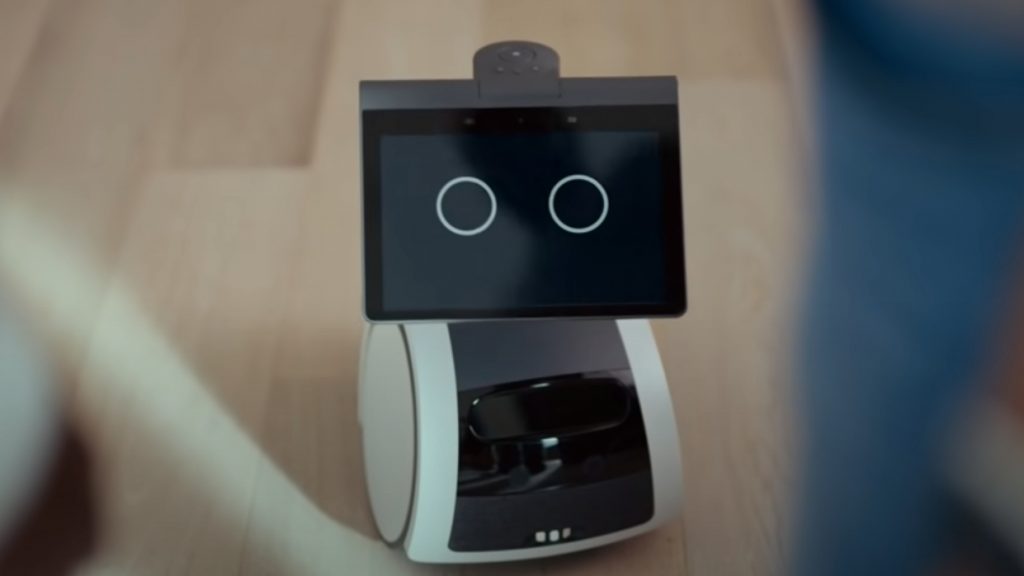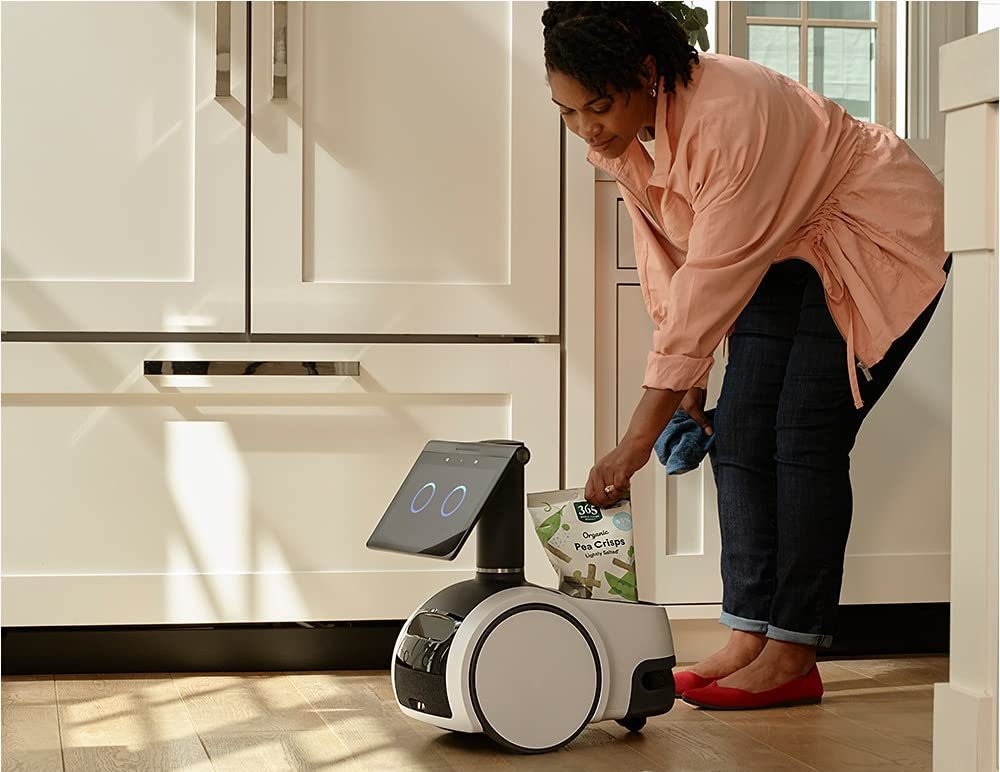Amazon’s Astro Robot Is A Privacy Nightmare, Here’s Why
Amazon's Astro robot will infiltrate you personal privacy in unsettling ways.
This article is more than 2 years old

The 21st century had plenty of technological advancements to boast about. But, many weren’t expecting Amazon to unveil an R2D2-inspired home robot available to the public. The Amazon Astro is an autopiloted device that roams around your home and acts as a Siri or Alexa character. Its main feature is home security, as it can record motions, furniture, and human beings as it glides around your house. Though its functions are helpful, many have noticed privacy encroachments that make the Amazon Astro more concerning.
The Astro utilizes facial recognition to identify members of your home, quickly parsing out intruders and strangers. The robot also can remember where things are placed around your home, memorizing the layout as it patrols each floor. You can also program the Astro to stay stationary until it’s beckoned to perform a task. These features turn this subtle AI creation into a formidable, lifelike force.
With the ability to store so much data, the Amazon Astro concerns customers that the robot is too powerful. Keeping voice recordings, residents’ facial features, sounds, and maps, the Astro only works on amassing loads of private data to work from. Once the data is recorded, it’s stored on Amazon’s cloud. If this confidential information is compromised, hackers could access a plethora of data, including pin numbers, codes, and an owner’s home layout. All of this information stored in one singular place has customers skeptical of the robot’s practicality as well as its potential to cause irreparable damage.
Will Owen, communications manager at the Surveillance Technology Oversight Program, had some choice words about the mighty robot. It’s “surveillance capitalism,” Will Owen stated, adding to the potential dangerousness of Amazon’s new robot. Astro’s ability to usurp massive amounts of personal data could be a prospective target to hackers, abusive partners, and thieves. With significant corporations sued over selling users’ data, it’s no wonder customers and technology experts are outraged by the Amazon Astro.
Since Astro’s initial backlash, Amazon has declared they’ve changed the robot’s abilities. For starters, the facial recognition information will stay on the robot’s hardware, disallowing it to enter Amazon’s cloud. The home-mapping data will also remain on the robot, ensuring that it won’t compromise a user’s physical safety if the cloud is breached. Amazon has also made data on the cloud, and the Astro encrypted, obscuring private data to protect it from hackers. Lastly, the robot can only be controlled via a phone connection and a secret PIN.
Though people are starting to purchase the Astro, Amazon’s revolutionary robot can only be bought through a private invitation. This may comfort some, but the omniscient robot will soon be on the market with all of its data-accumulating functions. Certain privacy advocates are still worried about Astro’s impending accessibility, afraid that Amazon could change its terms of service and threaten people’s privacy again.

Amazon has had a history of disclosing its monitoring practices, which has led many to be skeptical of the Astro robot. Until 2019, it wasn’t public knowledge that Amazon’s Alexa had human reviewers listening to users’ audio recordings. Since this incident, the tech company has a long way to regain people’s trust regarding surveillance and privacy.




